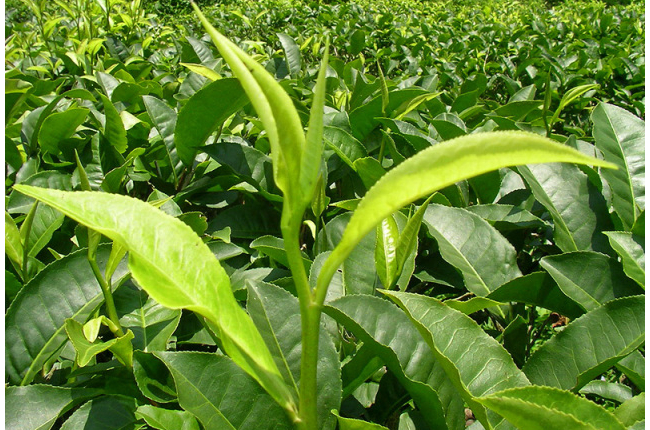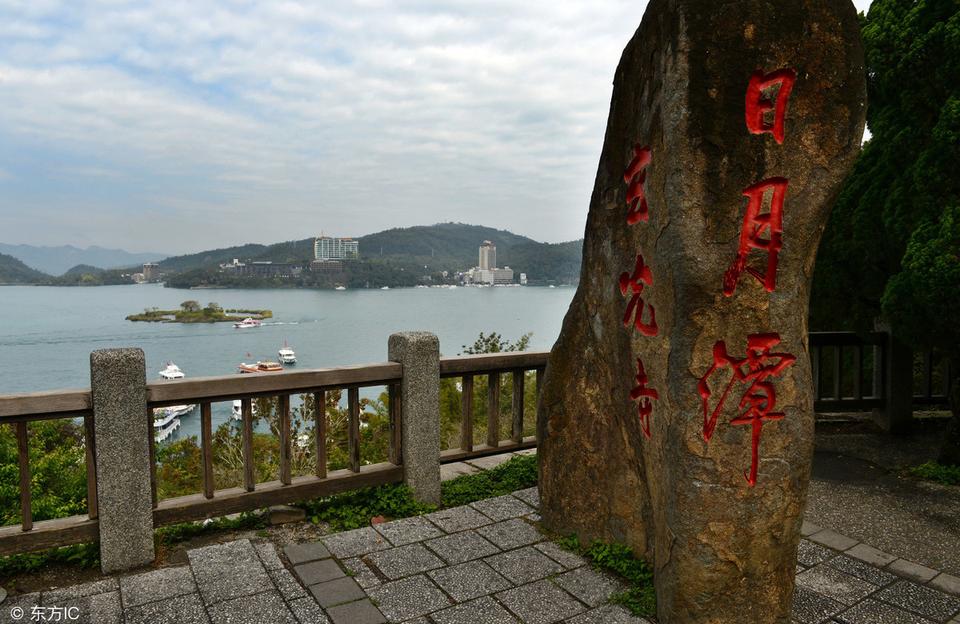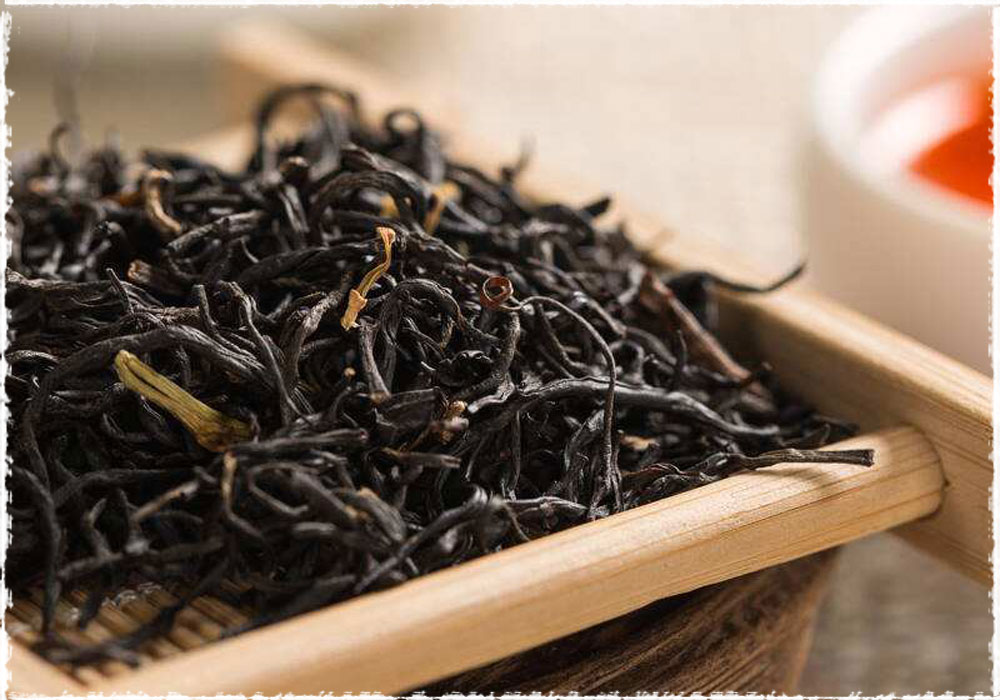Does organic black tea taste the same as ordinary black tea? Is organic black tea high-grade black tea? What are the brands of high-quality organic black tea garden?
Have you ever heard of a sustainable tea garden? This means that the tea garden is independent of human beings and can continue to spread as part of the ecology. We spend nearly two months purchasing tea in Yunnan every year. We ensure that all Yunnan tea comes from sustainable tea gardens. A sustainable tea garden sounds a lot like an organic tea garden. However, there are great differences between organic tea gardens and sustainable tea gardens. The main difference between sustainable tea gardens and organic tea gardens is that sustainable tea gardens are not dependent on human beings, unlike organic tea gardens, which usually use organic fertilizers and / or organic pesticides. In sustainable tea gardens, tea trees continue to survive like wild plants in nature. Tea trees in sustainable tea gardens absorb nitrogen and other minerals from the surrounding ecology. Some organic tea gardens are sustainable if they do not use fertilizer at all, although this is very rare.
In fact, most organic tea gardens use organic fertilizers. To get organic certification, the owner of the garden costs a lot of money. Therefore, in order to recover the cost of investment, they often use chemical fertilizer to increase production. Whether it is organic fertilizer or chemical fertilizer, excessive application of nitrogen fertilizer promotes the rapid growth of tea trees. These teas contain very little polyphenols because the ingredients are used to support growth. This makes tea trees very vulnerable and vulnerable to plant diseases or insects. These tea gardens do not meet the definition of sustainable tea gardens. As a sustainable tea garden, whether organic or non-organic, the tea garden must not use chemical fertilizer. What is a sustainable tea garden in a sustainable tea garden, the tea plant does not need any human fertilizer, it only gets nitrogen from the environment. To some extent, sustainable tea gardens are independent of human beings. Like wild plants, they can continue to grow without fertilization. Nitrogen, carbon and minerals are essential for plant growth. The soil is rich in minerals, and carbon is easily obtained from decomposed plants. Nitrogen is the most difficult nutrient for natural plants to obtain. Sometimes nitrogen comes from dead insects, animals or feces. But I think it's rare. Usually, natural nitrogen is recovered from other dead plants, or from specific types of bacteria that symbiosis with the roots of certain plants. Nitrogen is first extracted from the air by bacteria and then recycled underground. Therefore, if we want to maintain the sustainable development of the tea garden, we must maintain the weeds in the tea garden. Chemical fertilizers increase the content of chlorophyll and reduce the content of polyphenols. Without nitrogen fertilizer, tea plants grow slowly and do not need so much photosynthesis. As a result, the size of tea becomes smaller because it needs less sunlight and chlorophyll. This is why the tea leaves in sustainable tea gardens are always yellowish. The tea in a sustainable tea garden consists of very small cells and high density. Without fertilizer, tea also produces more polyphenols than ordinary tea. In general, sustainable tea plants contain at least three times as many polyphenols as tea grown with chemical fertilizers. Interestingly, the tea trees in sustainable tea gardens are resistant to insects. Usually, when ordinary tea gardens turn to sustainable agricultural practices, they tend to suffer very serious insect pests in the first few years. After seven to eight years, the tea trees become strong and farmers don't have to worry about pests.

Have you ever thought about a healthy chain? The health tea is rich in functional substances. These substances are also functional substances of tea itself. If we drink those healthy teas, we will get a lot of health benefits. On the other hand, fertilized tea contains very little polyphenols but is rich in amino acids made up of nitrogen in fertilizers. It's like we get fertilizer indirectly by drinking that tea. As for vegetables and tea, as long as they are labeled "organic food", people tend to appreciate them blindly. Organic food may not contain pesticides. But that doesn't mean it's healthy or rich in functional substances. We should realize that many organic teas and foods are made from large amounts of fertilizer. If we want to improve our health by drinking tea, we should look for healthy tea.
Finding quality tea is the same goal as finding healthy tea. The reason I became interested in sustainable tea gardens was not because of health or environmental problems. I am looking for sustainable development of tea because of its quality. Interestingly, my goal for the final quality is the same as the tea grown in a healthy environment. If we look at the high-quality tea in China, most of the tea also comes from unfertilized vegetable gardens. The tea trees in those gardens grow much longer. As a result, it produces more polyphenols and minerals, giving a strong aftertaste.
Important Notice :
前街咖啡 FrontStreet Coffee has moved to new addredd:
FrontStreet Coffee Address: 315,Donghua East Road,GuangZhou
Tel:020 38364473
- Prev

How long should Taiwan red jade black tea be soaked in water temperature to taste good? What are the characteristics of authentic Taiwanese tea No. 18 black tea?
An unusual black tea from Taiwan, Yuchi Hongyu Black Tea, also known as Hongyu Tea. This tea is made from Hongyutai tea variety 18. Red jade black tea is also called Taiwan tea 18, which is a new tea variety developed by Taiwan Tea Research Institute, so this tea gets its name. Our red jade black tea is made in Taiwan
- Next

Qimen Maofeng tea, the taste, aroma, taste of the characteristics of authentic Qimen Maofeng how much is one or two / 500g?
Origin: Chinese leaf shape: small, uniform and dark, leaf tip sporadic golden soaking time: 30 seconds water temperature: 212 degrees preparation method: porcelain cover bowl tea soup: dark reddish brown is very excited to see that there is a Qimen Maofeng in the products they provide. For some reason, I didn't get a lot like Qimen (as you may know)
Related
- Unexpected! Ruixing Telunsu lattes use a smoothie machine to foam milk?!
- % Arabia's first store in Henan opens into the village?! Netizen: Thought it was P's
- Does an authentic standard mocha coffee recipe use chocolate sauce or powder? Mocha Latte/Dirty Coffee/Salty Mocha Coffee Recipe Share!
- What is the difference between Vietnam egg coffee and Norway egg coffee? Hand-brewed single product coffee filter paper filter cloth filter flat solution!
- What is the difference between sun-cured and honey-treated coffee? What are the differences in the flavor characteristics of sun-honey coffee?
- How to make Italian latte! How much milk does a standard latte use/what should the ratio of coffee to milk be?
- How to make butter American/butter latte/butter Dirty coffee? Is hand-brewed coffee good with butter?
- Is Dirty the cold version of Australian White? What is the difference between dirty coffee/decent coffee and Australian white espresso?
- Relationship between brewing time and coffee extraction parameters How to make the brewing time fall to 2 minutes?
- Got entangled?! Lucky opens a new store, Mixue Ice City, and pursues it as a neighbor!

